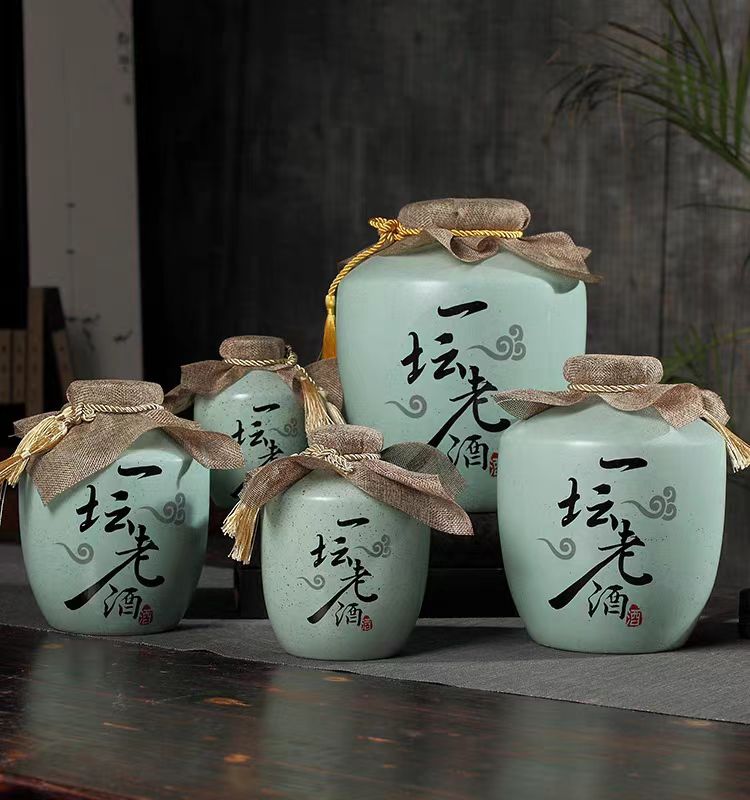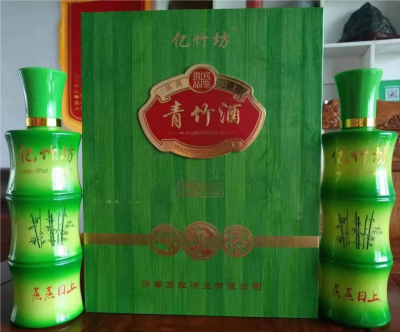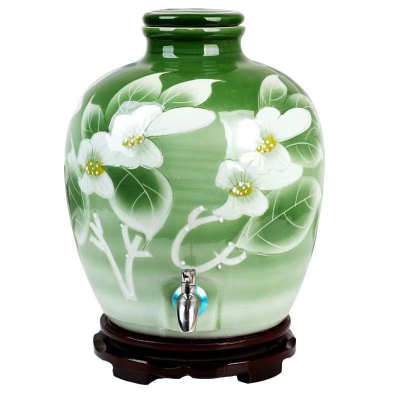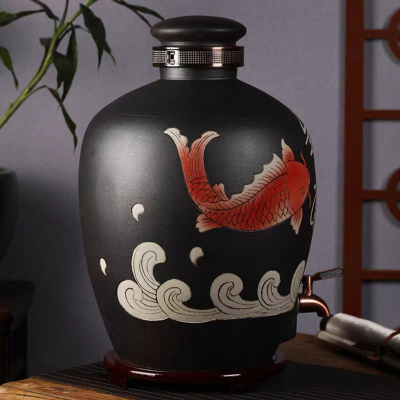What is China's signature alcohol?
What is China's Signature Alcohol?
What is China’s signature alcohol? This question often arises when people learn about Chinese culture and its culinary traditions. The answer is baijiu, a potent distilled spirit that is deeply ingrained in China’s history and culture. Known for its high alcohol content and distinctive aroma, baijiu holds a special place in the hearts of Chinese people and is considered the signature alcohol of the country. In this article, we will explore the history, production, and cultural significance of baijiu, as well as why it is China’s signature alcohol.
What is Baijiu?
Baijiu, literally translated as “white liquor,” is the most popular and widely consumed alcoholic beverage in China. It is a distilled spirit made from grains such as sorghum, rice, wheat, or barley. The alcohol content of baijiu typically ranges from 40% to 60%, although some premium varieties may reach even higher alcohol concentrations. Baijiu is known for its strong, complex flavor profile and a variety of aromatic qualities, including earthy, fruity, and sometimes even pungent scents.
The production of baijiu involves fermenting grains, followed by distillation using traditional methods. The process varies from region to region, resulting in different flavor profiles and types of baijiu. The diversity of flavors and the complexity of its production methods make baijiu unique and distinctly Chinese.
The History of Baijiu
The history of baijiu dates back over 5,000 years, making it one of the oldest alcoholic beverages in the world. It is believed that baijiu was first developed during the Shang Dynasty (1600 BCE - 1046 BCE), and its production has evolved over the centuries. Throughout history, baijiu has been consumed during various important events, such as family gatherings, festivals, and ceremonies. It was also traditionally used as an offering to ancestors.
During the Tang and Song Dynasties, baijiu gained popularity among Chinese elites, and it became a symbol of status and prestige. In modern times, baijiu has remained a staple of Chinese culture and is enjoyed by people of all social classes. It is commonly consumed during traditional banquets, business meetings, weddings, and other important occasions.
The Production of Baijiu
Baijiu is made through a complex fermentation and distillation process. It typically starts with selecting high-quality grains, which are then fermented with the help of a special fermentation starter called “qu.” The qu is a mixture of yeast, mold, and bacteria that kick-starts the fermentation process. The grains are allowed to ferment for several days or weeks, depending on the type of baijiu being produced.
After fermentation, the mixture is distilled to extract the alcohol. The distillation process is often done in a traditional Chinese pot still, which helps preserve the unique flavor of the grains and fermentation. Once distilled, the baijiu is aged, often in ceramic jars or clay vessels, to enhance its flavor profile.
There are different types of baijiu, each with distinct characteristics. The most well-known types include:
Sauce-flavored baijiu (Mao-tai), known for its complex, fermented aroma.
Strong-flavored baijiu, which has a bold, rich flavor and is typically consumed in large quantities.
Light-flavored baijiu, which is lighter, smoother, and more delicate in taste.
Rice-flavored baijiu, which uses rice as the base grain and has a sweeter, more floral aroma.
The Cultural Significance of Baijiu
In China, baijiu is not just a drink; it is a symbol of tradition, hospitality, and respect. It plays an important role in social interactions and is often served at family gatherings, business dinners, and state banquets. The Chinese custom of toasting with baijiu is an important part of building relationships and showing respect.
The act of drinking baijiu is often accompanied by specific rituals. For example, at a wedding, baijiu is served to guests as part of the celebration. During Chinese New Year, it is a tradition to offer baijiu to ancestors during the reunion dinner. In business contexts, toasting with baijiu is seen as a way of expressing goodwill and strengthening partnerships.
Furthermore, baijiu is also a central component of Chinese festivals and holidays. During the Mid-Autumn Festival and Dragon Boat Festival, baijiu is often consumed in large quantities to mark the occasion.
Why Is Baijiu China’s Signature Alcohol?
So, what is China’s signature alcohol? Simply put, baijiu is the most iconic and culturally significant spirit in China. Its long history, unique production methods, and strong ties to Chinese traditions make it an essential part of Chinese identity. Whether it’s a celebratory toast at a wedding or a gesture of respect during a business dinner, baijiu is present at nearly every significant moment in Chinese life.
Unlike other alcoholic beverages like vodka or whiskey, which have global recognition, baijiu is distinctly Chinese. Its flavors are an acquired taste, but for those who appreciate it, it offers a glimpse into the rich history and culture of China. Its influence is so widespread in China that no celebration, large or small, feels complete without a glass of baijiu.
Conclusion
In conclusion, baijiu is undeniably China’s signature alcohol. With its long history, varied production methods, and significant role in Chinese culture, baijiu stands out as more than just an alcoholic drink—it is a symbol of tradition, respect, and national pride. As China continues to grow as a global superpower, baijiu remains a vital part of its cultural heritage, representing the country’s unique drinking traditions to the world.
If you’re ever in China, don’t miss the chance to try baijiu. It offers an authentic taste of China’s history, culture, and hospitality.
Cultural Importance
Deeply rooted in Chinese culture, baijiu is a symbol of Chinese identity. It is commonly used in traditional festivals such as the Spring Festival and the Mid-Autumn Festival, as well as in social and business gatherings. Additionally, it has been used in traditional Chinese medicine for its purported health benefits, such as aiding digestion and circulation.
Other Signature Liquors in China
Apart from baijiu, there are other popular types of alcohol in China, each with its unique features:
Huangjiu: A traditional Chinese rice wine made from fermented rice and water, yellow or brown in color, with a sweet-and-sour taste. It is often used in cooking and is also a popular drink.
Rice Wine: Fermented from rice and water, white or yellow in color, with a sweet and slightly sour flavor. It is used in cooking and enjoyed as a beverage.
Beer: A widely consumed, light, and refreshing alcoholic beverage in China, with popular brands like Tsingtao, Harbin, and Snow Beer.
Spirits: Such as vodka, rum, whiskey, and gin are also well-liked in China.
Conclusion
Chinese signature liquors reflect the nation's rich history and culture. While baijiu holds a prominent position, other liquors each have their unique features. Whether one prefers traditional or modern beverages, there is a suitable choice among China's diverse range of signature liquors.









